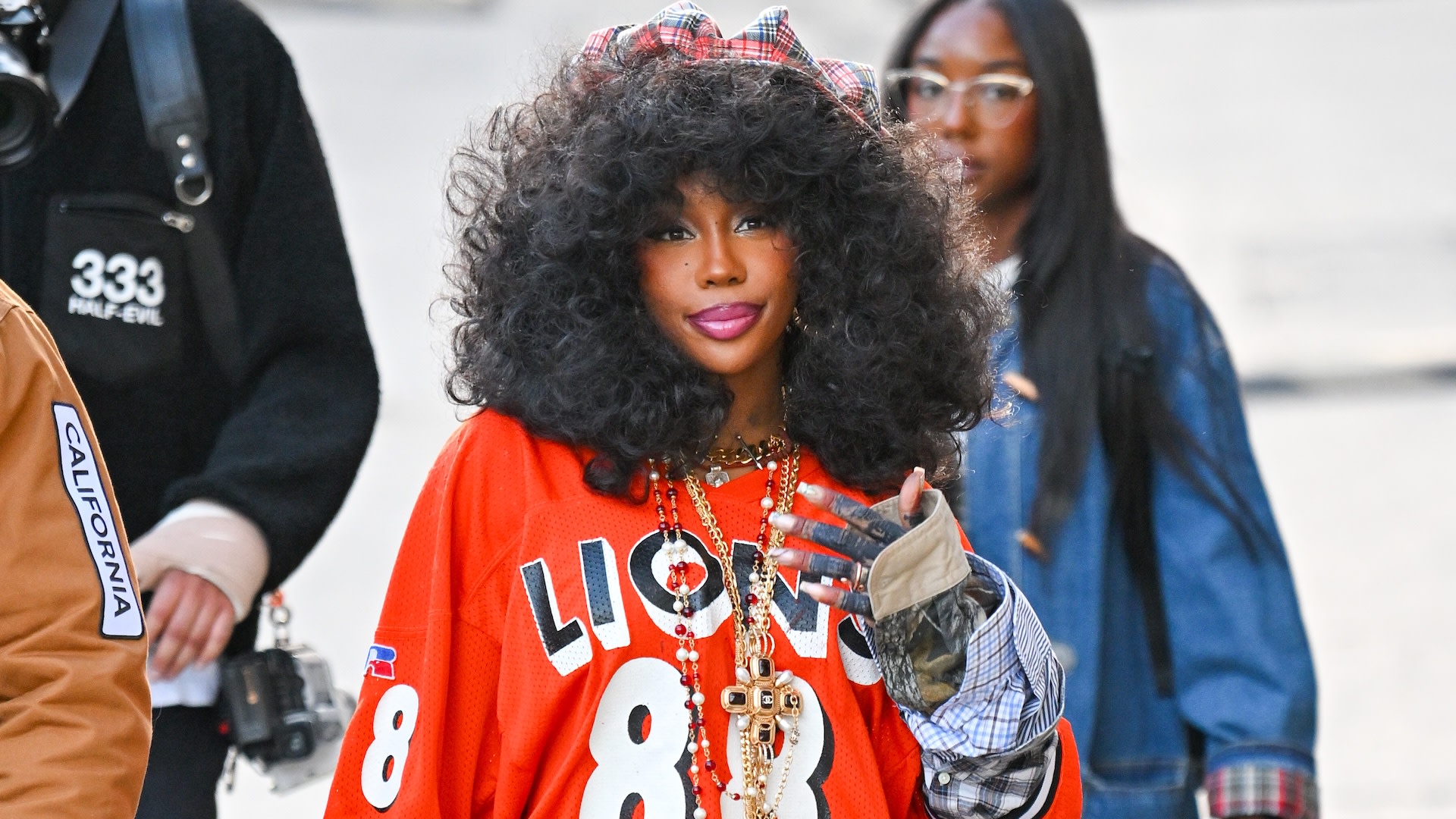SZA Speaks Out Against AI and Environmental Injustice
SZA, the artist behind the acclaimed album SOS, has taken a strong stance against the use of artificial intelligence (AI) on social media. On Tuesday, she shared a meme from The X-Files featuring character Dana Scully with the caption, “Yeah, I use AI. Actual Imagination.” Alongside the post, SZA added a message that sparked immediate conversation: “AI is killing and polluting Black and Brown cities. None of you care ‘cause [you’re] codependent on a machine. Have a great life.”
This statement highlights a growing concern about the environmental impact of AI, especially on marginalized communities. While many are excited about the advancements in AI technology—such as Peter Thiel’s recent comments on how AI could prevent “total stagnation”—the consequences of this rapid growth are becoming more evident.
The Hidden Costs of AI
Historically, communities of color, immigrants, and low-income populations have borne the brunt of environmental issues such as air pollution, rising energy costs, and climate-related disasters. These challenges often go unnoticed or ignored by those who benefit most from technological progress.
According to MIT News, AI systems require an enormous amount of electricity, contributing to increased carbon dioxide emissions and putting pressure on the power grid. Additionally, the cooling of AI hardware demands large quantities of water, which can strain municipal water supplies and harm local ecosystems.
To put this into perspective, every time someone uses ChatGPT for a single query, the computing process consumes about five times more electricity than a simple web search. This energy consumption has real-world implications, particularly in areas where infrastructure is already under stress.
AI and Environmental Pollution
Elon Musk’s AI company, xAI, recently established a facility in South Memphis, Tennessee, which has raised concerns among residents and environmental activists. The supercomputer facility has become one of the largest sources of air pollution in the county.
The location of the facility is just a few miles away from historically Black neighborhoods that have long faced industrial pollution. These areas have higher rates of cancer and asthma, as well as lower life expectancies compared to other parts of Memphis. One such community is Boxtown, where residents already deal with poor air quality due to emissions from other industrial sources. Health data shows that Boxtown residents face a higher risk of cancer than the national average.
In response, the NAACP threatened to sue xAI over the pollution caused by its natural-gas-burning turbines. The organization claimed that the company lacked proper permits and was emitting harmful substances toward nearby communities. Derrick Johnson, president of the NAACP, expressed frustration with the situation, stating, “We cannot afford to normalize this kind of environmental injustice, where billion-dollar companies set up polluting operations in Black neighborhoods without any permits and think they’ll get away with it.”
A Divided Perspective on AI
While SZA and others raise concerns about the environmental and social impacts of AI, some artists have embraced the technology. Recently, Kelis explained her decision to homeschool her child using an AI system. The Alchemist defended AI-generated cover art for a collaboration with Erykah Badu, and Gunna announced his intention to sign an AI artist in the near future.
These contrasting viewpoints reflect the complex relationship between technology and society. As AI continues to evolve, the debate over its benefits and drawbacks will only intensify, particularly when it comes to its impact on vulnerable communities.
Conclusion
As AI becomes more integrated into daily life, it’s essential to consider the broader implications of its development. From environmental degradation to social inequality, the consequences of unchecked AI growth are far-reaching. While innovation brings opportunities, it also demands responsibility—especially when it comes to protecting the most vulnerable among us.







